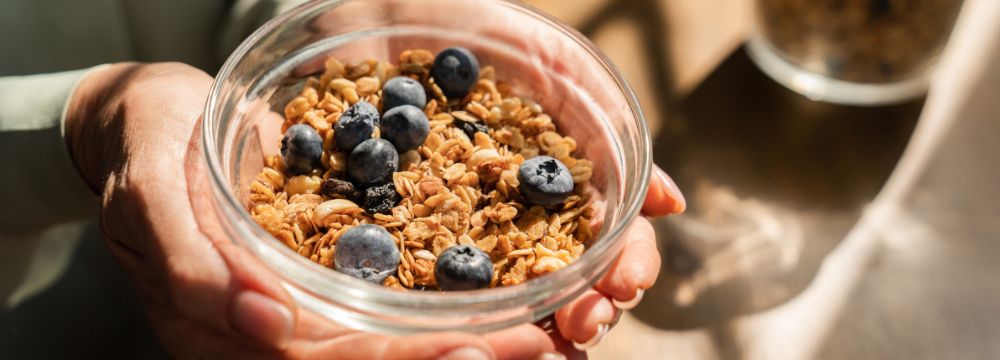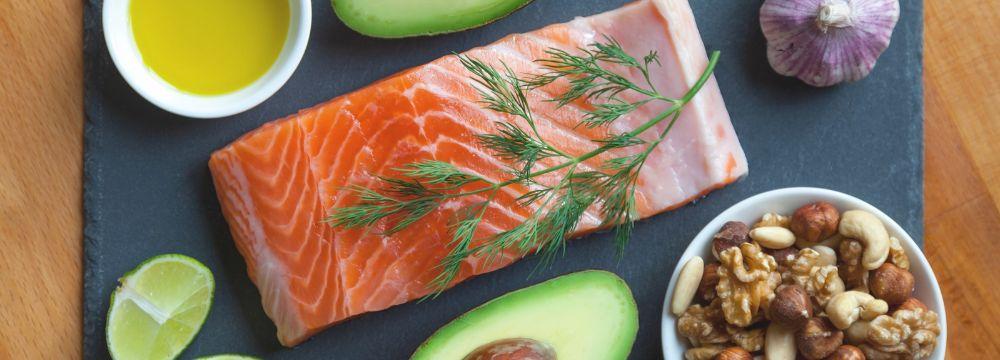
Bariatric surgery is a life-changing weight intervention that offers a potential solution to those with severe obesity. “Potential” is a keyword to use to describe this situation. Bariatric surgery is not a quick fix or even the solution. Instead, it is a framework for patients to build their weight loss program. In other words, the journey doesn’t end at the operating table. The post-op phase is crucial in ensuring long-term success, and diet is essential in getting the body back to working at its best. While much of the post-op focus is on protein intake, vitamins, and hydration – all incredibly important, one critical component often gets overlooked: fiber.
The Role of Fiber in General Health
Fiber is a type of carbohydrate that the body can’t fully digest. Instead, it passes through the digestive system, helping regulate the body’s use of sugars and keeping hunger at bay and blood sugar more stable. There are two types of fiber, each with a slightly different role. Soluble fiber dissolves in water to form a gel-like substance, helping lower blood cholesterol and glucose levels. Insoluble fiber promotes material movement through your digestive system and increases stool bulk. In this way, fiber can also help support gut health and even help reduce the risk of colorectal cancer.
Fiber is essential for maintaining bowel health, lowering cholesterol levels, controlling blood sugar levels, and achieving a healthy weight. It’s recommended that adults consume 25-30 grams of fiber daily.
Fiber’s Unique Role in Post-Op Bariatric Life
After bariatric surgery, patients must adjust to a new normal. Their stomach’s capacity is significantly reduced, and nutrient absorption is not the same. Protein often takes center stage in post-op dietary recommendations because it is crucial for healing, muscle maintenance, and satiety. However, fiber should be taken seriously, as it plays several roles:
- Preventing Constipation: Post-op bariatric patients are at an increased risk of constipation due to reduced food intake, changes in diet, and especially if they aren’t consuming enough fluids. Fiber helps prevent this by adding bulk to the stool and promoting regular bowel movements.
- Supporting Gut Health: Fiber acts as a prebiotic, feeding the good bacteria in your gut. A healthy gut microbiome is essential for overall health, including immune function, mental health, and weight management. After bariatric surgery, maintaining a healthy gut helps avoid complications and ensures long-term success.
- Aiding in Weight Management: Fiber-rich foods are more filling, which can control hunger and prevent overeating. This is especially important for bariatric patients, who must manage their new smaller stomachs while still feeling satisfied.
- Stabilizing Blood Sugar Levels: Rapid weight loss and changes in diet post-surgery can lead to fluctuations in blood sugar levels. Fiber slows sugar absorption, helping stabilize blood glucose levels and reduce the risk of hypoglycemia.
Why Is Fiber Often Overlooked?
There are several reasons why fiber is often glossed over in post-op bariatric diets:
- Focus on Protein: The emphasis on protein can lead to neglect of fiber-rich foods, especially since many high-fiber foods are also high in carbohydrates, which some patients are advised to limit.
- Small Stomach Capacity: The reduced stomach size means that patients prioritize protein and other essential nutrients, often leaving little room for fiber-rich foods like fruits, vegetables, and whole grains.
- Lack of Awareness: Healthcare providers and patients sometimes don’t realize the importance of fiber in the post-op bariatric diet. The conversation is often centered around protein, vitamins, and hydration, with fiber being an afterthought.
How to Incorporate Fiber into a Post-Op Bariatric Diet
Incorporating fiber into a post-op bariatric diet requires careful planning, but it’s possible and beneficial. Here are some tips:
- Start Slowly: Since the digestive system is still healing, it’s essential to introduce fiber gradually to avoid discomfort or blockages. Start with small portions of fiber-rich foods and increase as tolerated, typically increasing by about 5 grams every week or so.
- Choose Low-Carb, High-Fiber Options: Opt for non-starchy vegetables, such as leafy greens, broccoli, and bell peppers. These are low in carbohydrates but high in fiber.
- Consider Fiber Supplements: A fiber supplement can be helpful if getting enough fiber through food alone is challenging. Always consult with a healthcare provider before starting any supplement.
- Stay Hydrated: Fiber works best when you’re drinking enough fluids. Sip water throughout the day to help the fiber move smoothly through your digestive system.
- Incorporate Legumes and Beans: These are excellent sources of both protein and fiber. Lentils, black beans, and chickpeas can be added to soups, salads, or stews.
- Don’t Forget Fruits: While fruits are often limited due to their sugar content, certain fruits like berries, apples (with the skin), and pears are fiber-rich and can be eaten in moderation.
Fiber is a crucial yet often overlooked component of post-op bariatric life. While the focus on all nutrients is necessary, fiber should also be prioritized for its many benefits, including preventing constipation, supporting gut health, and aiding in weight management. By making minor, intentional dietary adjustments, bariatric patients can get the fiber they need to support their overall health and long-term weight loss success.









